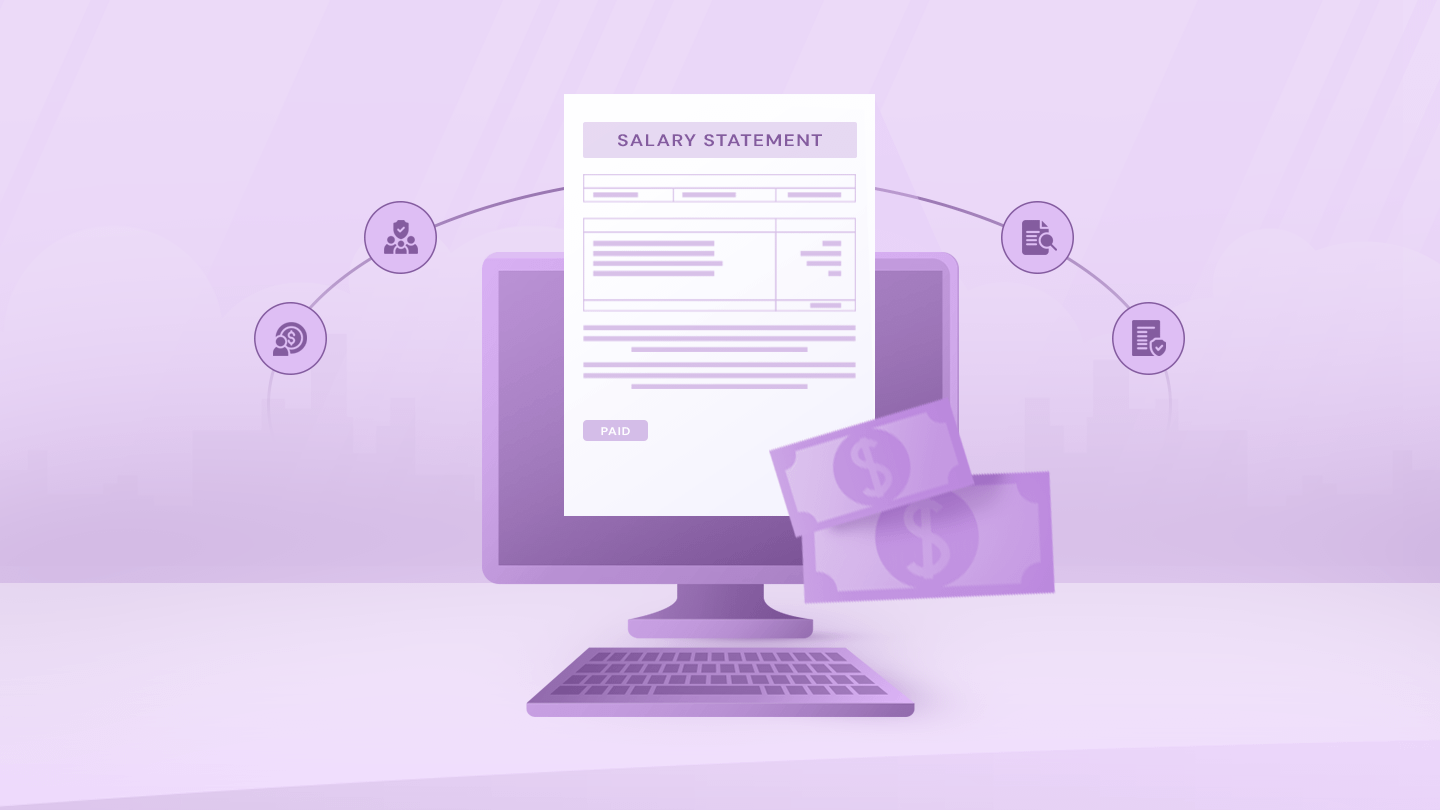Introduction
Investing in employees’ mental health is not a mere compassionate choice anymore. It is a strategic business decision. Prioritising employee mental health well-being can lead to significant benefits for both employees and employers, including reduced healthcare costs and enhanced productivity. A Deloitte research report of UK shows that on an average, for every £1 spent on supporting the mental health of the workforce, employers get around £4.70 back in increased productivity.
After the pandemic, people started to be more vocal about mental health, gradually even companies nowadays are talking as well as investing in mental health, but is the number enough? While the conversations around mental health have evolved drastically, have the workplace cultures pick up the same speed?
A Headspace’s 2024 Workplace State of Mind study found that 77% of employees have said work stress has negatively impacted their physical health while 24% HR leaders think managers need to have mental health-specific training for leading a more productive team. This is echoed again in ADP’s report “People at Work 2024: A Global Workforce View” where workers said when it comes to mental health at work, they feel supported by colleagues more than by their managers. The same report tells that 75% of 18- to 24-year-olds revealed their work suffers due to stress.
How is the Productivity Suffering?
Although the labour market has seen significant steadiness in recent years, workforce norms and emotions are shifting. In an American survey of 2023 by The American Psychological Association tells that 92% of the employees said it is very or somewhat important to them to work for an organisation providing support for workers’ mental health.
Therefore, it is high time for employers to take initiatives towards helping employee’s mental health well-being and the first step must be addressing of the problem. Anxiety and depression are the most prevalent mental health conditions linked to work. Anxiety to finish the heavy workload, intensity of work, uncertainty of the employment, depression from a toxic work environment, long working hours, and lack of recognition and many other can lead to burnout of the employees.
However, what needs to be understood here is this is not only affecting the employees but the employer as well. If the work culture does not value mental well-being. The employees will disengage, and the quality of the work will decrease.
Strategies to Improve Mental Health at Work
Gen Y and Gen Z are now focusing on the quality of life and wellbeing. Therefore, it is time to make an environment for them to experience full mental support from their employers with efficient steps. Here are a few initiatives that employers may undertake to foster a better work environment.
- Workers with high stress believe their employers are not equipped to discuss mental health. So, training managers on how to handle to workers’ behaviours is important.
- Appointing a professional to help with navigating the mental health challenges in again a great tool. In 2022, EY hired a “chief well-being officer” to focus on the mental health of the employees and encourage an empathetic workplace.
- To support employee’s mental health well-being, KPMG have initiated “energy check-in” where they identify employees who are at risk for burnout depending on their work schedule and offer them mental health resources and paid time off. After the initial trial of this initiative, 77% of employees revealed that they found it beneficial5.
- Drawing back to the same ADP report3, 27% survey-takers of Singapore has the feel insecure in their job and the same scenario can be seen in India and Japan. While 76% respondents of In India, reveal their work suffers due to stress, the number is 68% for Singapore and the fear is not unjustified, according to Layoffs.fyi, in 2024, around 136,360 employees have been laid off till now. So, to deal with the constant sense of insecurity, companies need to come up with better job security proposals and rewards.
Conclusion
In the modern world most people are facing mental health issues. Therefore, investing in mental health will reap long term benefits for the employers. A statistic by National Alliance on Mental Illness tells that depression and anxiety cost the global economy $1 trillion in lost productivity every year. Businesses around the world are gradually taking their initiatives and experimenting with the ideas and they are seeing nothing but satisfactory results.
Creating an empathetic workforce that cares about employee’s mental health and well-being is just like rewiring a system so it can work more efficiently. This added charm will also boost the company’s reputation and attract the top talents.






